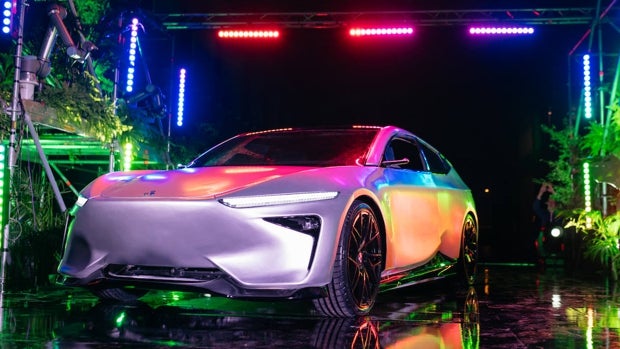The goal is to develop advanced ADAS to surpass level 3 of autonomous driving
One of the biggest problems in developing autonomous driving technology is making cars “see” The required sensors and cameras are not only complex, but also expensive and cost accounting is difficult. In addition, it is essential to have powerful processors responsible for translating all information in real time and making decisions, in milliseconds, that can shape the lives of passengers.
This is why manufacturers use tear gas in the development of these systems. For example, the Volkswagen Group has earmarked 89,000 million euros for “electrification, digitization and autonomous driving”. But for those who don’t have the size (and resources) of the world’s second largest automaker, the solution is to form alliances.
It is the case of
ficosa, one of the main Tier 1 suppliers in Spain, with a business dedicated to Vision and Driver Assistance Systems (ADAS). The manufacturer has joined six other national players – including companies and researchers – to create the consortium
InPerceptwith a capital of 8 million euros.
The aim of the project is to develop ADAS systems that are more advanced than the current ones, enabling autonomous driving beyond Level 3, which is most commonly used today.
According to the company, they plan that “the autonomous car will operate more efficiently and be able to detect obstacles and adverse conditions while limiting the human implications in the vehicle’s handling.”
Current systems are mainly based on detecting vulnerable vehicles and users, such as motorists, cyclists or pedestrians. However, it is necessary to achieve a dynamic representation of the reality around the vehicle, so that it can make decisions about trajectory or safety.
InPercept has the support of the Ministry of Science and Innovation as it is part of the call for the Sustainable Automotive Technology Program (PTAS), funded by the CDTI.
One of the objectives set by the consortium is to develop a system of models based on artificial intelligence and machine learning for decision making; creating a fleet management system for complex use cases in smart cities and obtaining new remote vehicle sensing systems.
For the general director of technology at Ficosa,
Josep Maria Forcadell“It is a pride to lead a flagship project within the Spanish automotive industry that will make a major technological leap to bring the autonomous vehicle closer to the present.”
Source: La Verdad
I am Ida Scott, a journalist and content author with a passion for uncovering the truth. I have been writing professionally for Today Times Live since 2020 and specialize in political news. My career began when I was just 17; I had already developed a knack for research and an eye for detail which made me stand out from my peers.



